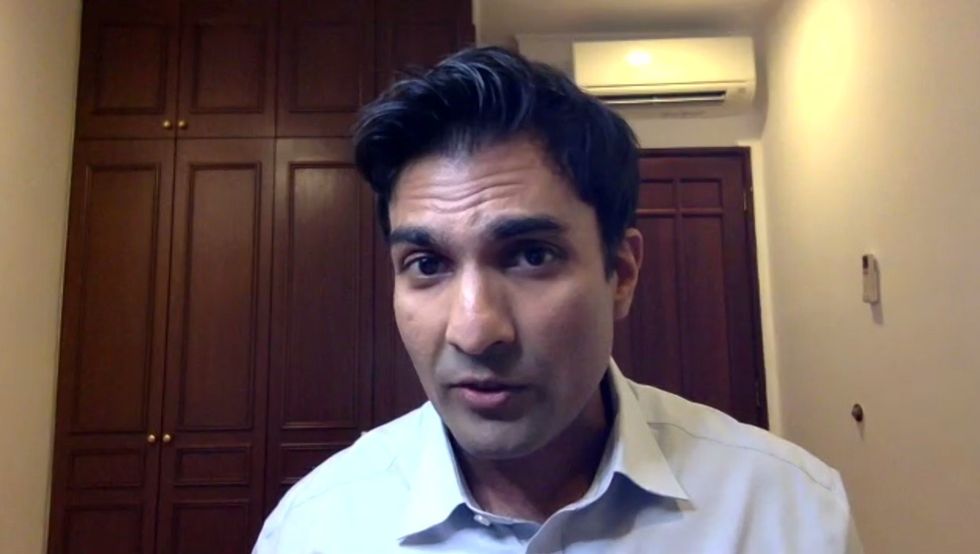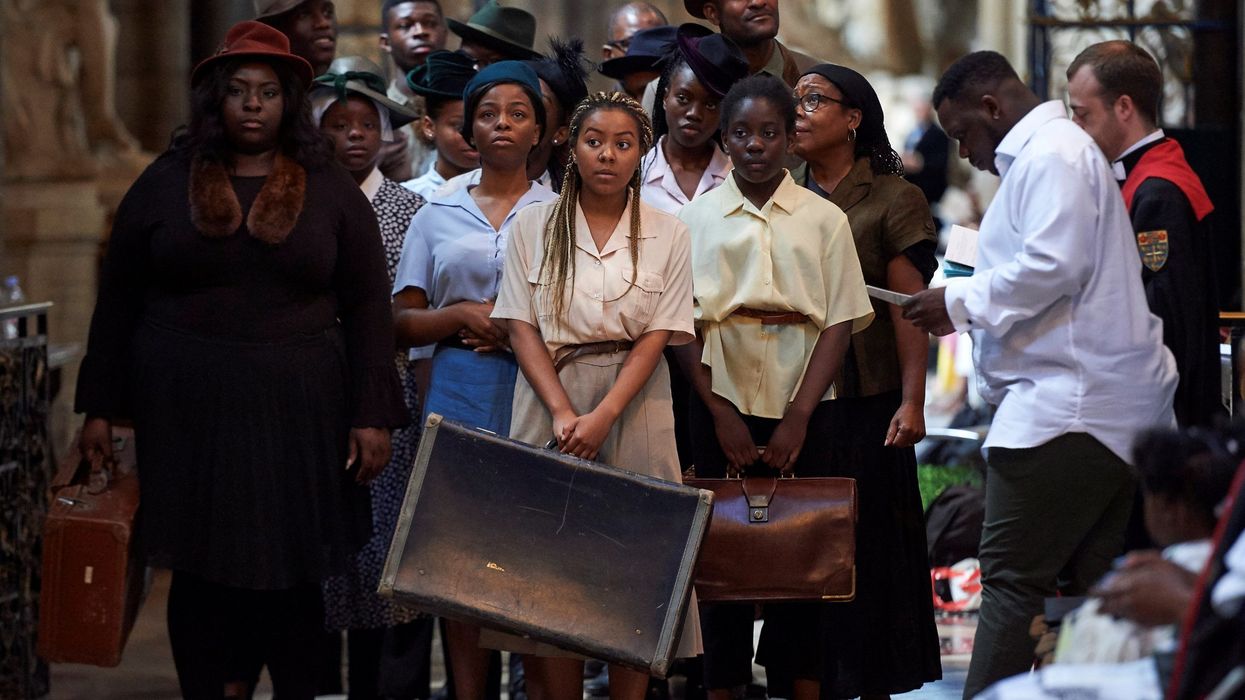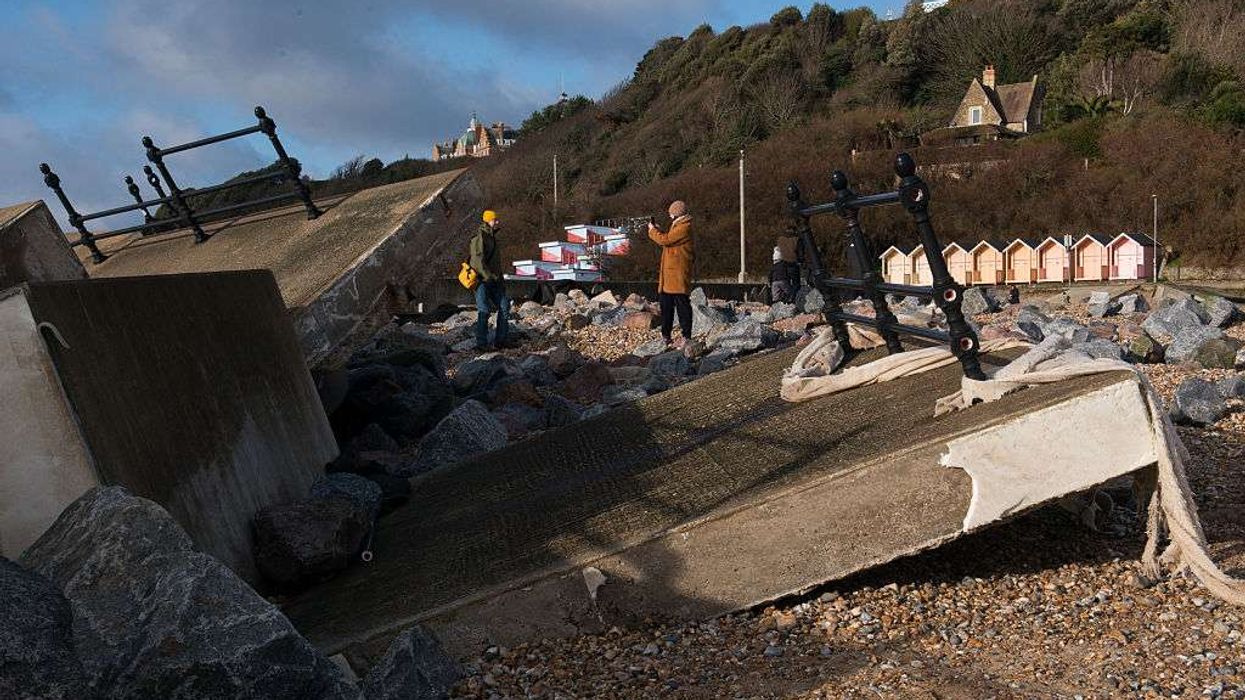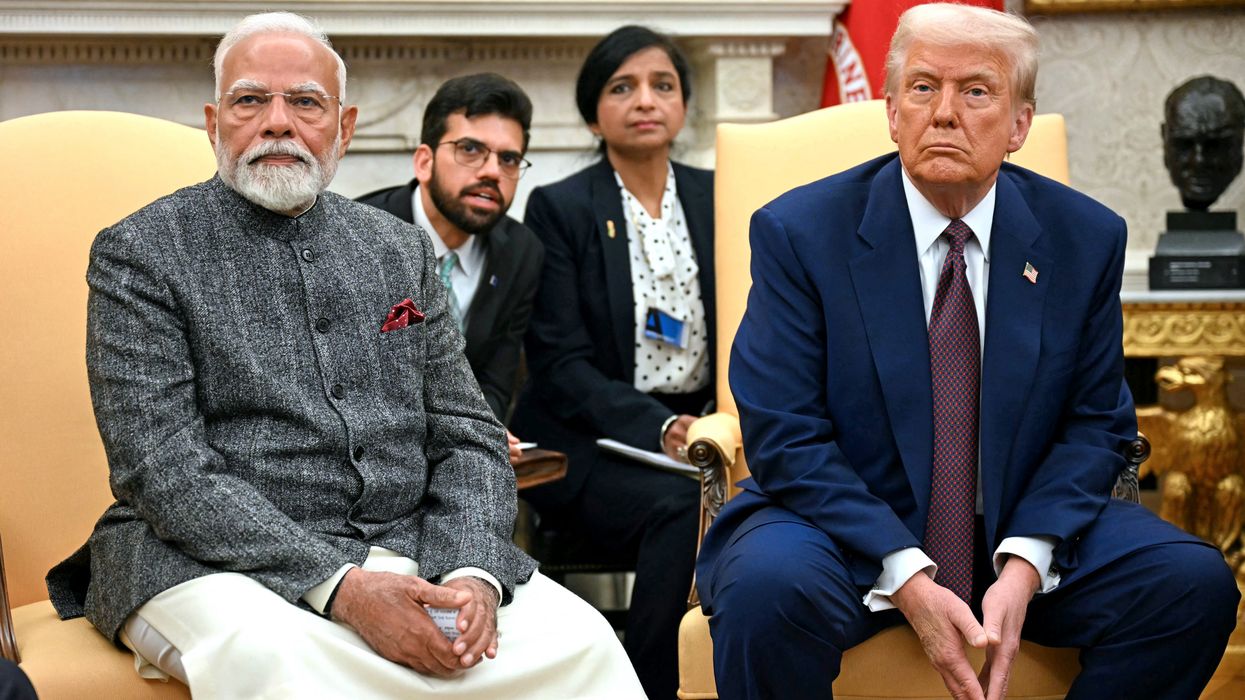A DIVERSE curriculum in British schools could help “foster a sense of belonging” in ethnic minority communities, a government advisor said during a virtual event on Monday (28).
Organised by integration thinktank British Future, the Teaching Modern Britain event explored the importance of a more inclusive curriculum in schools and whether it could help build a shared sense of identity in society.
The discussion follows a recommendation by the Commission on Race and Ethnic Disparities (CRED), which said the Department for Education should “work with an appointed panel of independent experts to produce a well-sequenced set of teaching resources to tell the multiple, nuanced stories that have shaped the country we live in today.”
CRED commissioner Dr Maggie Aderin-Pocock said understanding the history of how the UK’s diverse population and culture came to be (what they are) would promote inclusiveness. “(The UK) is made up of a mosaic of many different traditions and each story is interesting,” she said. “By understanding the past and how our different ethnic groups have come together in the UK, it fosters a sense of belonging and gives us an understanding of where we’re going in the future.”

The debate also follows a University of Leicester study in June, which found a “lack of a sufficiently diverse or decolonised curriculum” hampered the progress of some BAME students.
Fellow panellist Dr Samir Puri said people should be educated on the subject. He added that history should not just focus on the empire, rather it should be the history of the Commonwealth.
“I don’t think it’s only an issue of minorities,” he said. “Large tracts and chunks of not only the British populace, but also its global personality, have their roots in this false experience of the British Empire, which has had great and terrible things happen around it, and everything in between, depending on where you looked.”
He noted that in comparisons of British and German education, the latter have acknowledged their part in the Second World War and “dealt with the Nazi era so responsibly and educated their children in a way that renounces militarism”.
But Puri, who has authored a number of books on imperialism, argued it would not work as easily in the British curriculum. “World War Two was a six-year event with a beginning, middle and end, and the British empire lasted for five centuries,” he said. “As a result, squashing it into a small formula that one can take a more morally ambiguous position on is just a lot harder.”

Aderin-Pocock recommended that history needed to be inclusive across all areas of the curriculum, rather than only be focused specifically on one subject or celebrations (such as Black History Month). She used the example of her 11-year-old daughter learning about the Egyptians in school. She was not only taught about the topic in history, but also in mathematics and design and technology (D&T).
This method was much more effective, Aderin-Pocock said, arguing a standalone was not enough. “(The history) should not just be something trotted out in Black History Month,” said Aderin-Pocock, an award-winning space scientist. “It’s an inclusive curriculum, but it’s should also be inclusive within the curriculum, engaging everybody,” she added.
The discussion also touched upon the panel members’ personal experiences as students. Reflecting on his school years in east London, Puri said he could not recall any white British students having knowledge of the country’s colonial past or the history of immigration.
“They had never heard of Windrush (a group of Caribbean immigrants who arrived in Britain between 1948 and 1973), and they had never even heard of the Commonwealth,” the academic said. “They have no idea my parents were immigrants, and all this stuff is basic.”
Sunder Katwala, the British Future founder and event chair, had similar experiences. He said: “When I was in school in Essex in the 1980s, we weren’t far from where the Windrush (liner) stopped in (Tilbury) and yet it was not mentioned.”
Other panellists at Teaching Modern Britain included political activist Patrick Vernon and the Times columnist David Aaronovitch.












